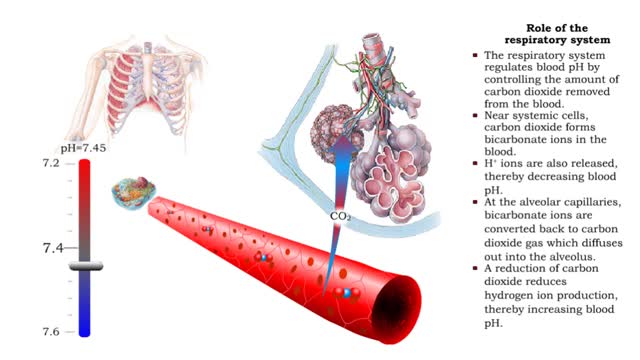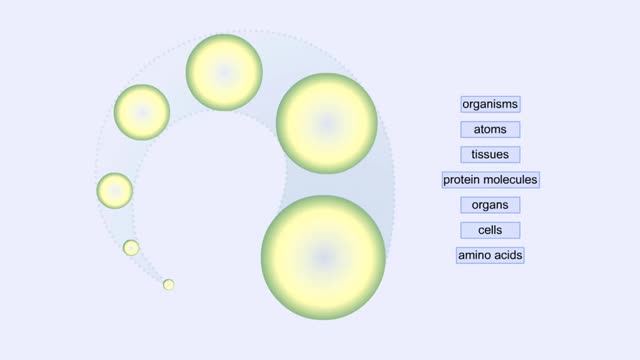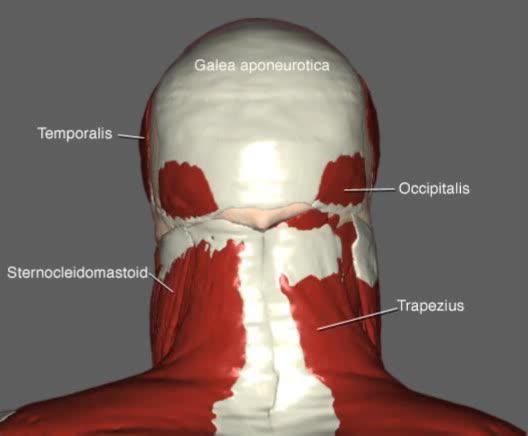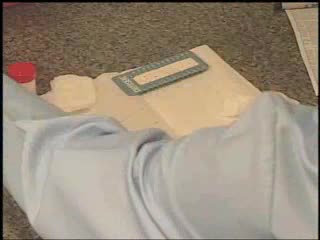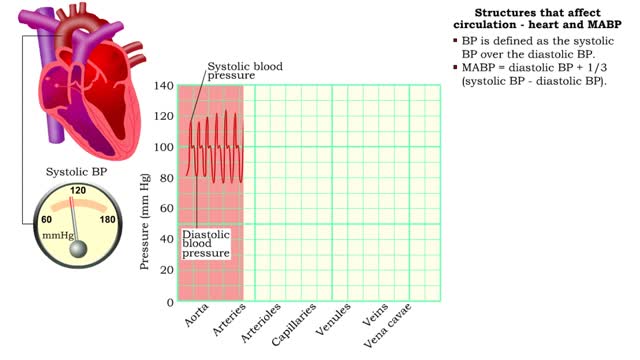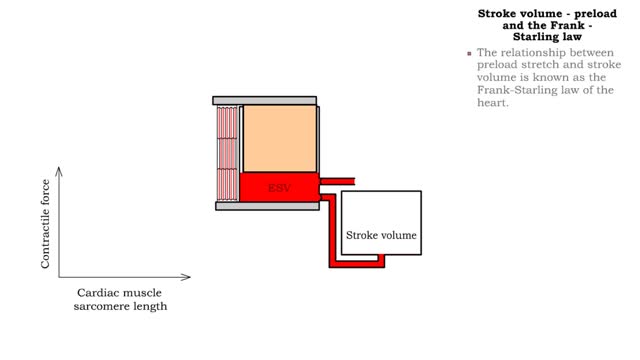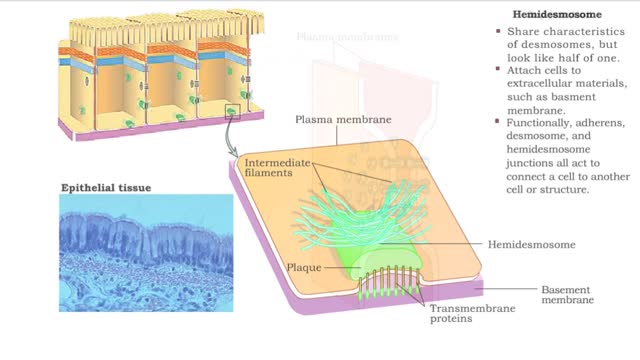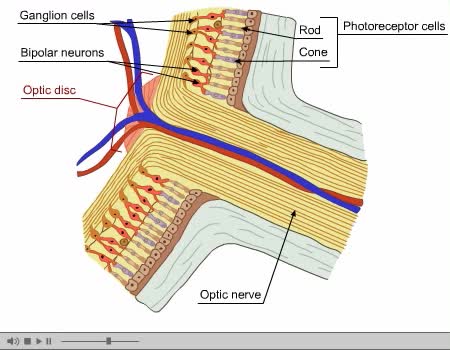Search Results
Results for: 'Blood Flow through the Human Heart'
Role of the respiratory system - effect of altered ventilation rates
By: HWC, Views: 11638
• The respiratory system regulates blood pH by controlling the amount of carbon dioxide removed from the blood. • Near systemic cells, carbon dioxide forms bicarbonate ions in the blood. H+ ions are also released, thereby decreasing blood pH. • At the alveolar capillaries, bicarbonate io...
Proteins Defined, Hierarchy & Composition of Cells
By: HWC, Views: 10538
Proteins are long chains of amino acids linked together by peptide bonds. Together with the other three biological macromolecules—carbohydrates, lipids, and nucleic acids—proteins are the building blocks of cells. Proteins are the most complex and abundant biological macromolecules in cel...
Head and Neck Movement Animation
By: Administrator, Views: 423
Interestingly, head and neck muscles are the first ones that the baby can control. A baby can hold his head up before he can sit erect. The muscles of the head and neck perform many important tasks, including movement of the head and neck, chewing and swallowing, speech, facial expressions, an...
By: HWC, Views: 10556
■ Secreted by kidney cells when blood oxygen is low. ■ Targets cells in red bone marrow that will become red blood cells. ■ Promotes increased numbers of mature red blood cells. ■ More mature red blood cells carry more oxygen so blood oxygen level is restored to normal.
By: Administrator, Views: 13917
How blood tests are performed by a professional nurse.
Structures that affect circulation - heart and MABP
By: HWC, Views: 10579
■ BP is defined as the systolic BP over the diastolic BP. ■ MABP = diastolic BP + 1/3 (systolic BP - diastolic BP). ■ MABP accounts for diastole lasting longer than systole; mean is not equidistant between the two pressures.
Stroke volume - preload, sarcomere length and Frank -Starling law
By: HWC, Views: 10707
• Sarcomere length affects muscle tension and the force of contraction. • Increased muscle stretch (increased sarcomere length) at the beginning of contraction increases tension produced during the contraction. • A more forceful contraction ejects more blood, thus increasing stroke volu...
Type of Cell Junctions - Desmosome, Hemidesmosomes and Gap Junctions
By: HWC, Views: 11369
Cell Junctions: Cell junctions are found in some multi-cellular organisms. They exist of complexes and are found between cells and between cells and other structures. The junctions provide a way for cells to connect and exchange signals. What are tight junctions, desmosomes, and gap junctions...
By: Administrator, Views: 14454
A photoreceptor cell is a specialized type of neuroepithelial cell found in the retina that is capable of visual phototransduction. The great biological importance of photoreceptors is that they convert light (visible electromagnetic radiation) into signals that can stimulate biological processes...
Advertisement



